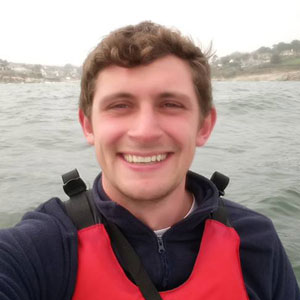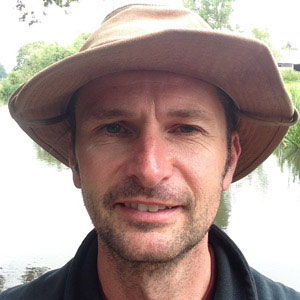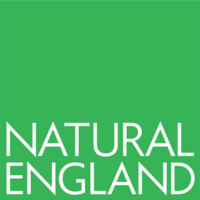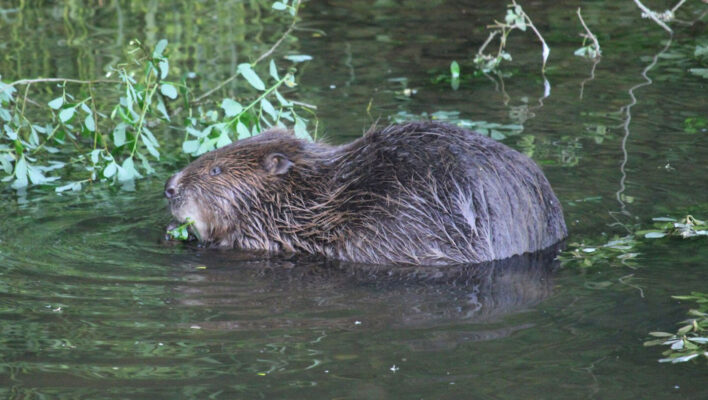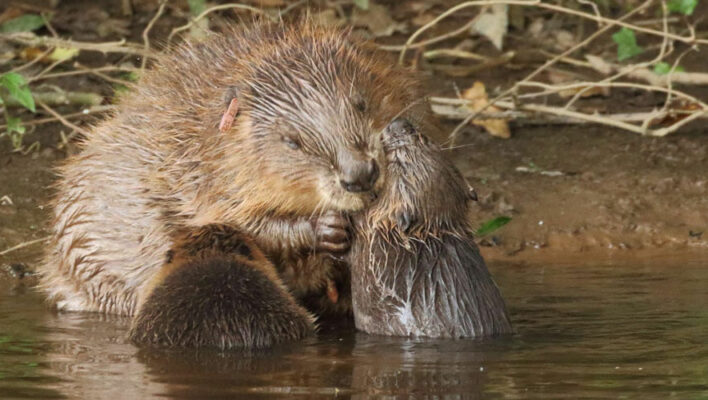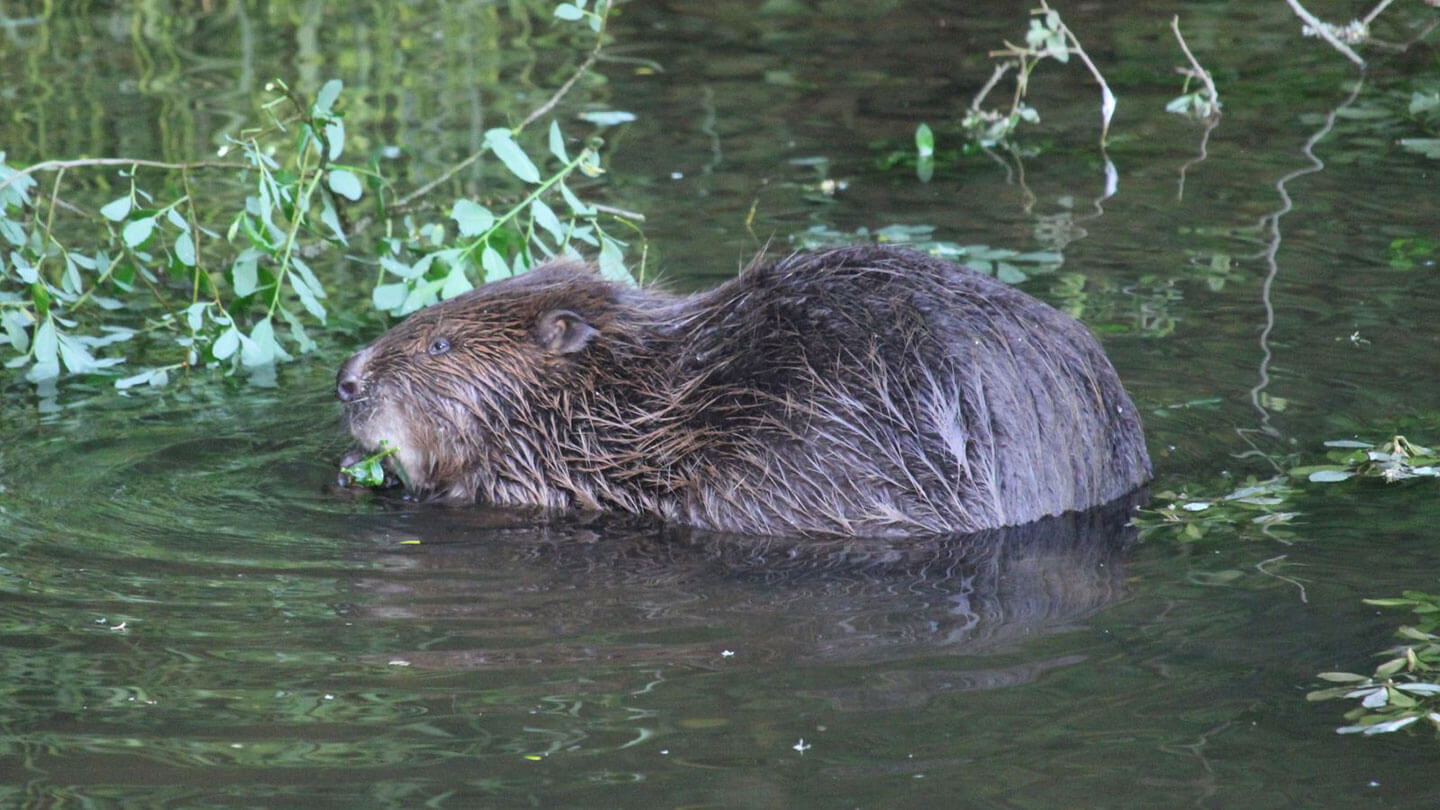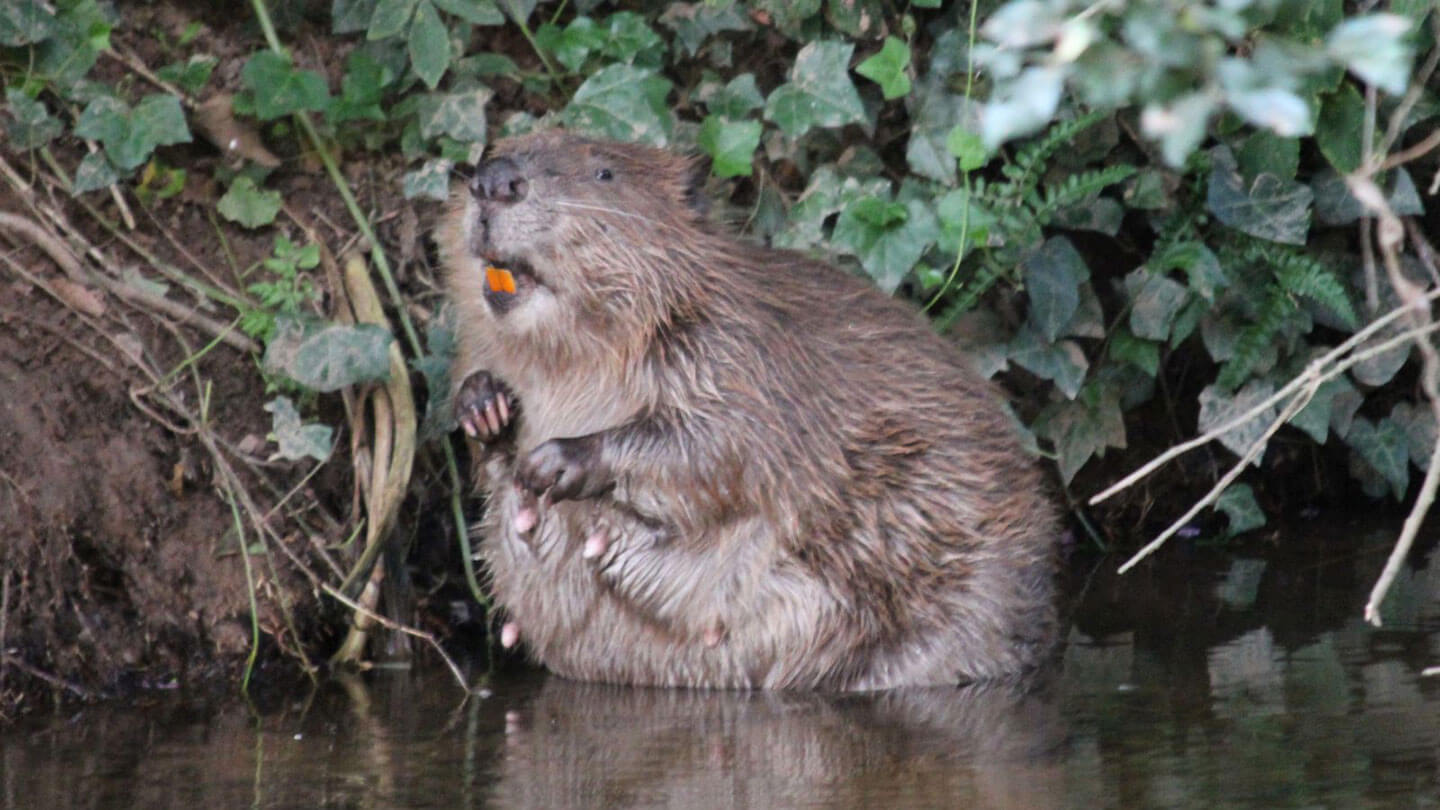Project team
Why it matters
In 2020, Devon Wildlife Trust released the River Otter Beaver Trial report, which demonstrated that the reintroduction of beavers on the River Otter improved water quality, reduced flood risk downstream and benefitted other wildlife, such as otters and kingfishers. Beavers were recorded moving into new areas and creating dams and ditches to create wetland habitat which holds more water in the landscape, and filtering silt and agricultural chemicals out of water.
Species reintroductions are growing in popularity as the natural capital services they provided are increasingly acknowledged, but a key factor for success is how humans and reintroduced species interact. The term ‘Renewed Coexistence’ furthers a field of interdisciplinary social science in what is a contemporary debate and conservation solution, encouraging reintroduction approaches that work with communities and stakeholders to ensure successful long-term coexistence.
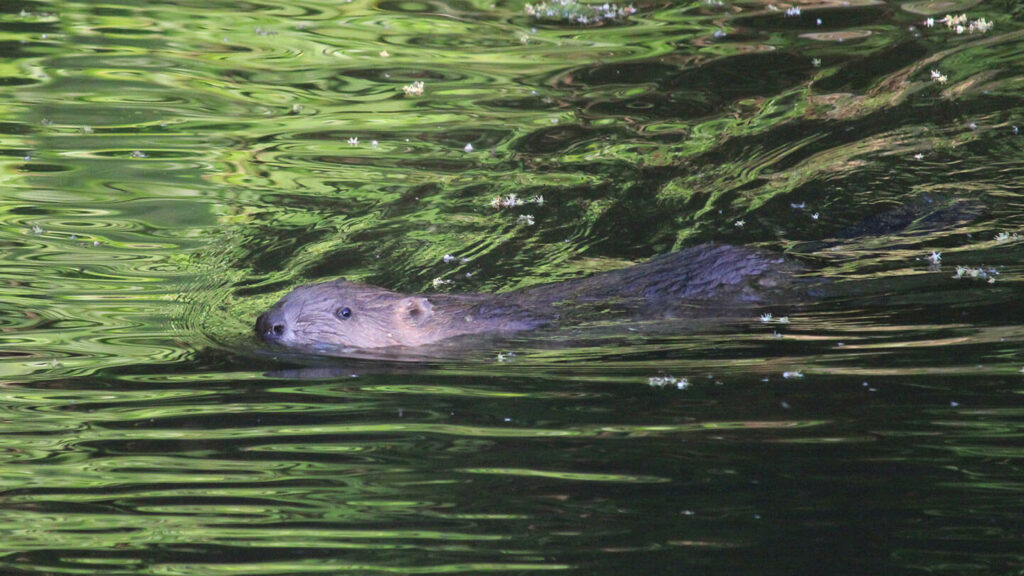
Partners
The most ground-breaking government decision for England’s wildlife for a generation.
Peter Burgess, Devon Wildlife Trust
What we did
Rogers’s work involved a nationwide survey of attitudes towards beaver reintroduction, followed by a series of more focused studies. These included: interview research with individuals who reported direct conflicts with beavers; Q-methodology research into the perspectives of the angling community in the River Otter catchment; and a mixed methods investigation into beaver tourism in the lower Otter. He also contributed towards a collaborative literature review on beaver impacts.
As an active member of the Science & Evidence Forum in the River Otter Beaver Trial and the Trial Steering Group, he also deepened working relationships with Natural England, Environment Agency, Clinton Devon Estates and East Devon AONB.
He built strong partnerships with core partners – Devon and Cornwall Wildlife Trusts, and Plymouth City Council – meeting regularly to discuss ideas, keep informed, and feedback results. As leaders of beaver projects around Devon and Cornwall, Roger’s research was also of direct relevance to them.
Impacts & benefits
The social research was an integral part of the final The River Otter Beaver Trial Science and Evidence Report to Defra, which has led to the following contributions and benefits –
- A land-mark Government decision – to allow England’s first wild breeding population of beavers for 400 years to be given the permanent right to remain in and spread naturally from their East Devon river home.
- Providing management support for people who may experience conflicts with beavers – Natural England supported this recommendation on the basis of Roger’s social research in the ROBT, which they also concluded had met the requirements of IUCN Guidelines and supported the recommendation for beavers to remain on the river.
- A new concept ‘Renewed Coexistence’ – defined by Roger as part of his PhD – helping to advance this field of interdisciplinary social science.
- An more comprehensive evidenced-based understanding of the human dimensions of beaver reintroduction – including angler perspectives; the views of downstream communities on the role of beavers in natural flood management; engaging with individuals who report conflicts with beavers; wildlife tourism; national public attitudes; and the governance of reintroduction projects and beaver management.
- Informing Natural England policy – building on the research, SWEEP was part of a team commissioned to produce a Beaver Management Groups report by Natural England. This will provide further evidence for decision-making on future approaches to beaver reintroduction and management in England.
Roger’s research, alongside comprehensive partner and stakeholder engagement, had considerable impact informing and developing Defra’s approach to the reintroduction of wild beavers in the UK.
Pete Burgess, , Devon Wildlife Trust
Looking to the future
Wider policy and practice impacts – as a key part of the lessons learnt and scientific knowledge to have emerged from the ROBT, Roger’s work is informing other managed beaver releases in the UK. With over 25 fenced beaver projects, and the imminent release of wild beaver licence applications, SWEEP’s research will play a central role in this field.
One example is an assessment for Cairngorms NPA, who have announced intent to take a lead in restoring beavers in the area. Another example where Roger is credited directly is in the reports of a recent consultation over a proposed beaver project on the Isle of Wight.

